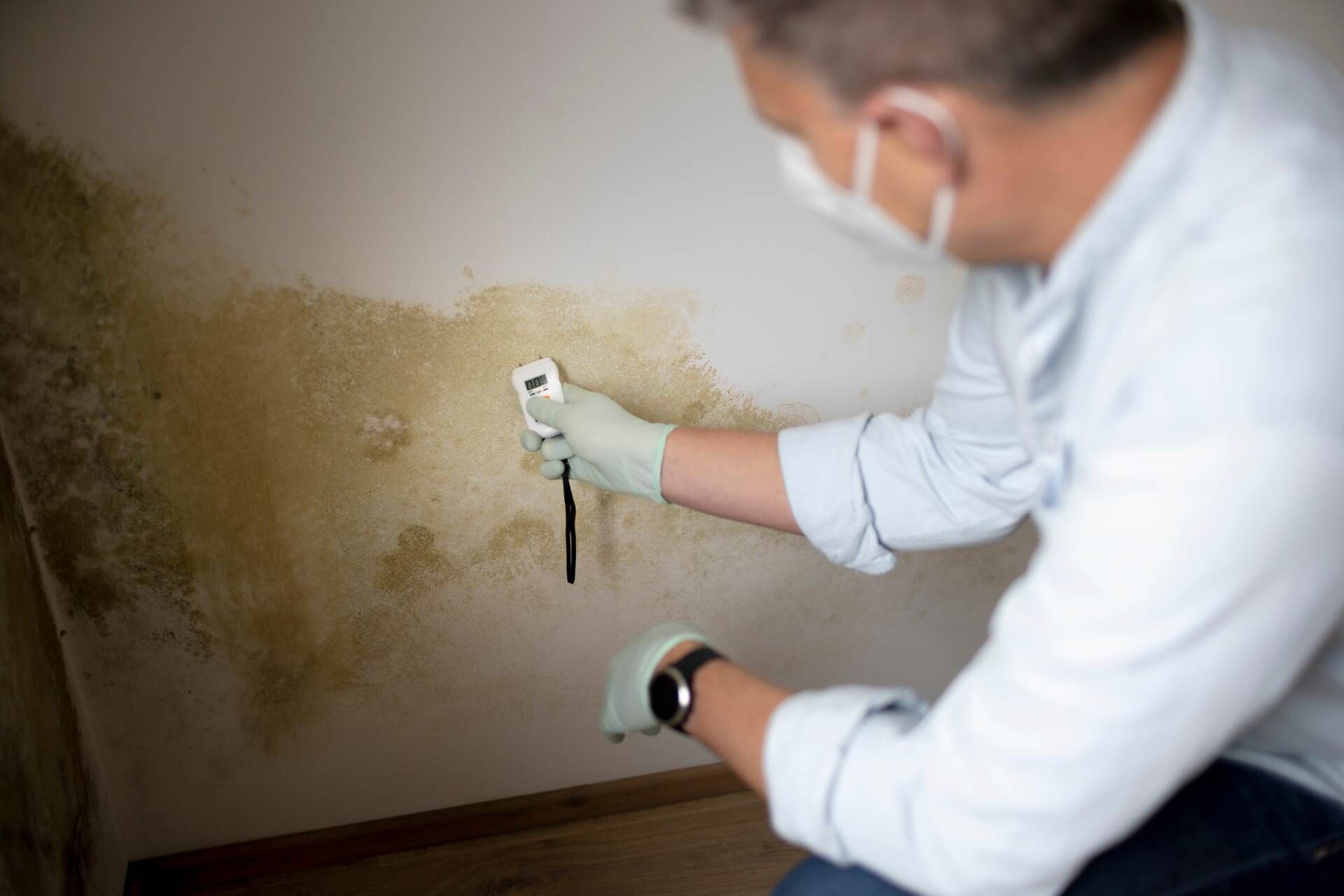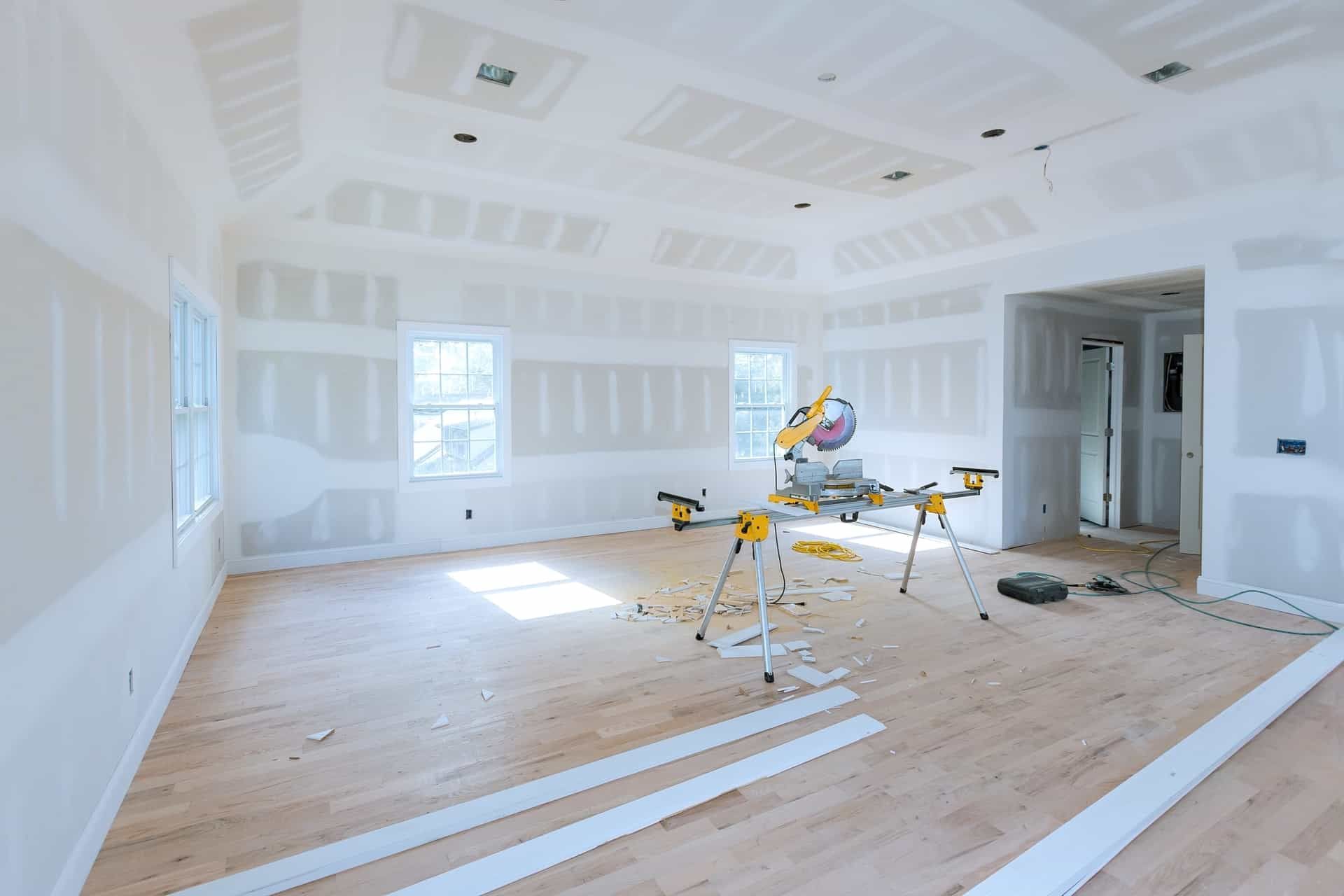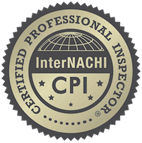Mold Inspections: Keeping Your Home and Family Safe in Humid Climates
Living in a region with a humid climate has its pros and cons. The lush green surroundings and warm weather can be enjoyable. The downside is the breeding ground it creates for mold. Mold growth in these conditions can pose health risks and harm the structure of your house if not dealt with promptly.
That's why homeowners in humid areas need to inspect for mold regularly. This article delves into why
mold inspections are crucial, how they protect your home and loved ones, and what measures you can take to curb mold growth in humid climates.
What Is Mold?
Mold is a fungus that thrives in damp settings. It spreads by releasing spores into the air, settling on moist surfaces and growing. Common spots for mold development in houses include bathrooms, basements, kitchens, and ventilated areas.
Health Risks Linked to Mold Exposure
Mold exposure can trigger health problems for people with respiratory issues or weakened immune systems. Some common health concerns associated with mold exposure include:
- Respiratory Problems: Mold spores can cause congestion, throat irritation, coughing, and wheezing. Prolonged exposure may worsen asthma symptoms and lead to infections.
- Allergic Reactions: Many individuals experience reactions to mold spores, leading to symptoms like sneezing, itchy eyes, and skin rashes.
- Toxic Mold Effects: Certain molds, such as Stachybotrys chartarum(black mold), produce mycotoxins that can result in health issues like neurological symptoms and organ damage.
Structural Damage Caused by Mold
Apart from health concerns, mold can also damage the structure of your house.
Mold thrives on materials such as wood, drywall, and insulation, resulting in:
- Weakening of Wooden Structures: Mold has the potential to compromise elements, causing them to decay.
- Damage to Drywall and Insulation: Mold growth behind walls can harm drywall and insulation materials, necessitating repairs.
- Decline in Property Value: Mold and structural damage can diminish your home's value and attractiveness to potential buyers.
The Significance of Regular Mold Inspections
Mold inspections are crucial in identifying and resolving mold problems before they escalate. Here are some reasons why mold inspections are vital in regions with high humidity levels;
1. Early Identification of Mold Growth
Mold tends to increase rapidly in humid conditions, often appearing within 24 to 48 hours after exposure to moisture. Regular checks help detect mold growth, crucial for preventing significant damage and health issues.
2. Preventing Health Problems
By spotting and dealing with mold issues, you can safeguard your family from the health hazards of mold exposure. Consistent checks ensure mold growth is identified and eliminated before it poses a threat.
3. Preserving Your Home Structural Stability
Regular inspections aid in pinpointing areas of your home to
mold growth, like basements or poorly ventilated bathrooms. By addressing these concerns, you can avert harm and avoid costly repairs.
4. Adherence to Insurance Guidelines
homeowner insurance policies mandate mold assessments for coverage maintenance. By conducting inspections, you can adhere to your insurance terms. Steer clear of potential complications when making a claim.
What to Anticipate During a Mold Inspection?
An assessment entails an evaluation of your residence to spot potential areas where mold might thrive or where conditions are favorable for its growth. Here's what you should anticipate during such an inspection:
1. Visual Examination
The examiner will visually scrutinize your dwelling, searching for indications of mold development, water destruction, and spots with moisture levels. Inspectors will check common trouble spots, like basements, attics, bathrooms, and kitchens.
2. Mapping Moisture
Using specialized tools, the inspector will map out areas in your home with high moisture levels. This process helps uncover mold growth and spots that could lead to mold issues.
3. Sampling Air and Surfaces
The inspector might collect air and surface samples to check for mold spores. These samples are then sent to a lab for analysis to determine the type and level of mold present.
4. Detailed Inspection Report
Following the inspection, the inspector will provide a report outlining the findings. This report will cover the inspected areas, the presence of mold, and suggestions for remediation and prevention.
Preventive Measures for a Mold-Free Home
In addition to regular mold inspections, there are various preventive steps you can take to keep your home free from mold, especially in humid regions:
1. Controlling Humidity Levels
Keeping your home humidity levels below 60% is essential to prevent mold growth. Use dehumidifiers in spaces like basements and bathrooms. Ensure proper ventilation throughout your home. Air conditioning units can also help humidity levels effectively.
2. Repairing Leaks and Water Problems
Swiftly address any leaks or water problems in your home.
Repairing leaks in your roof, plumbing, and windows can stop water from getting into your house and cause conditions that favor mold to grow.
3. Opt for Mold Resistant Materials
When remodeling or constructing your home, consider using materials that resist mold, like mold drywall and paint. These materials are made to fend off mold growth. It can help maintain a mold environment in your home.
4. Clean and Dry Wet Areas
Clean and dry damp areas, such as bathrooms and kitchens, to prevent mold from thriving. Install exhaust fans in these areas to lower moisture levels, and make sure to
dry any surfaces.
5. Check Your HVAC System Regularly
Your HVAC system can prevent mold growth by maintaining airflow and humidity levels. Regularly service your HVAC system to ensure it's running efficiently without adding to moisture issues at home.
Conclusion
Mold inspections play a crucial role in home maintenance in humid regions with a higher risk of mold growth. Routine inspections can help identify mold problems, safeguard your family's health, and preserve the structure of your home. You can promptly address mold concerns to keep your home safe from molds.
In areas with humidity, homeowners must prioritize mold inspections to maintain a safe and healthy living space. If you have any concerns about mold or want to safeguard your
home, arranging a mold inspection without delay is wise.
To learn about mold inspections and book an appointment for your residence, contact
Guardian Angel Inspections, Royal Palm Beach, Florida
Disclaimer: The information on this website and blog is for general informational purposes only and is not professional advice. We make no guarantees of accuracy or completeness. We disclaim all liability for errors, omissions, or reliance on this content. Always consult a qualified professional for specific guidance.
Share this entry







